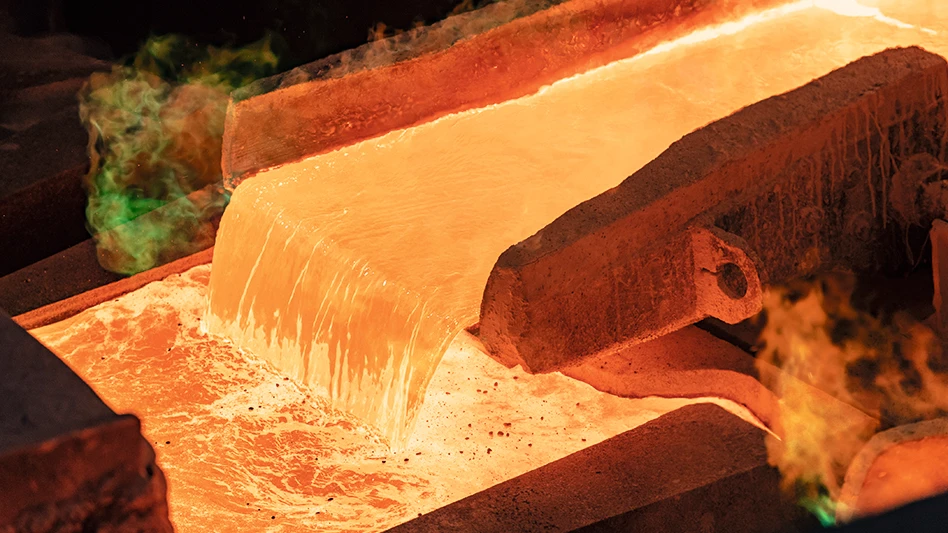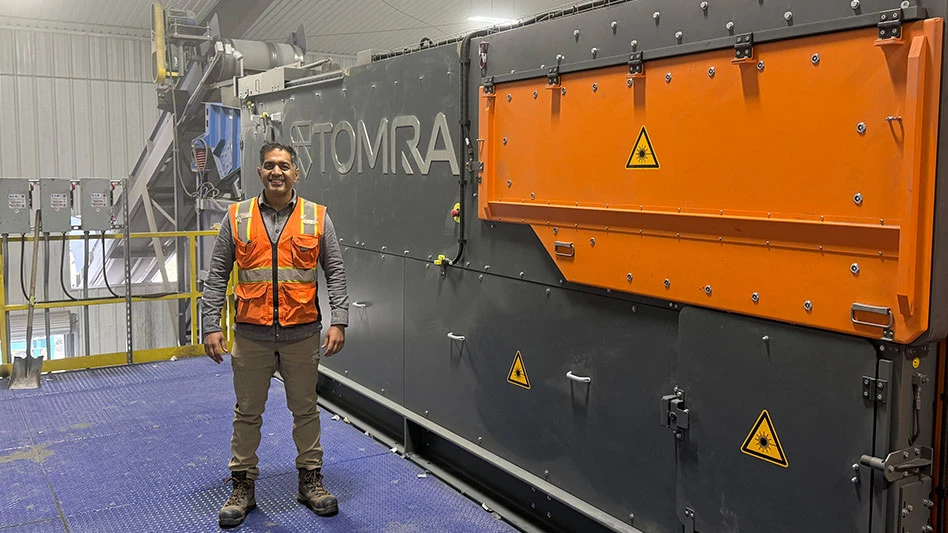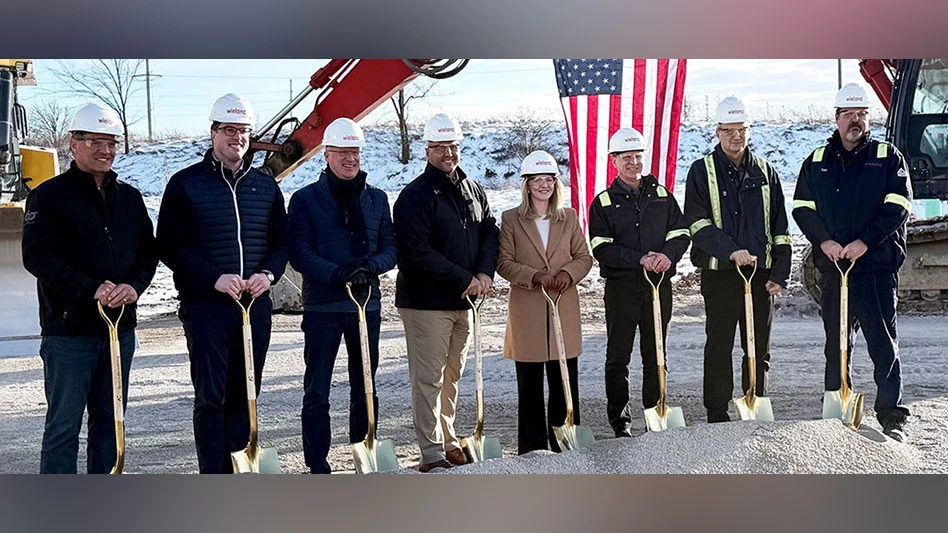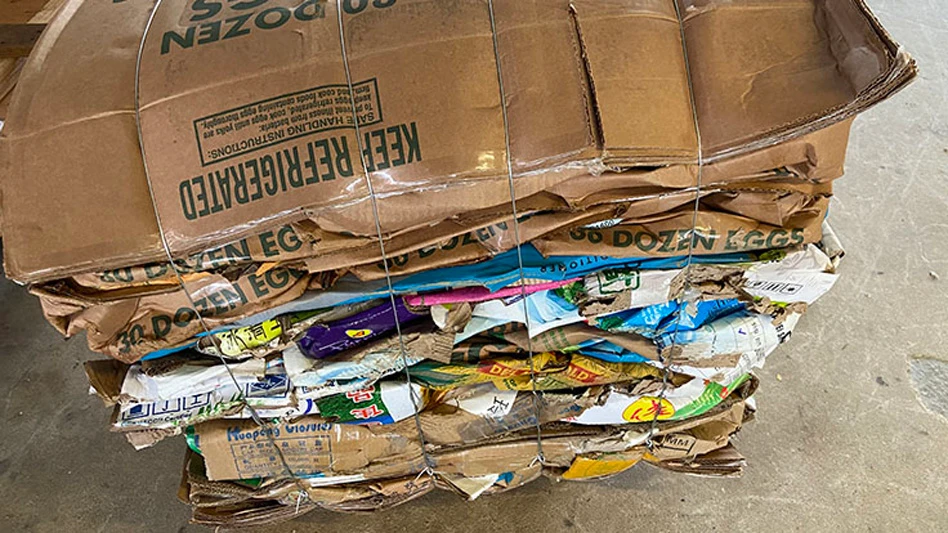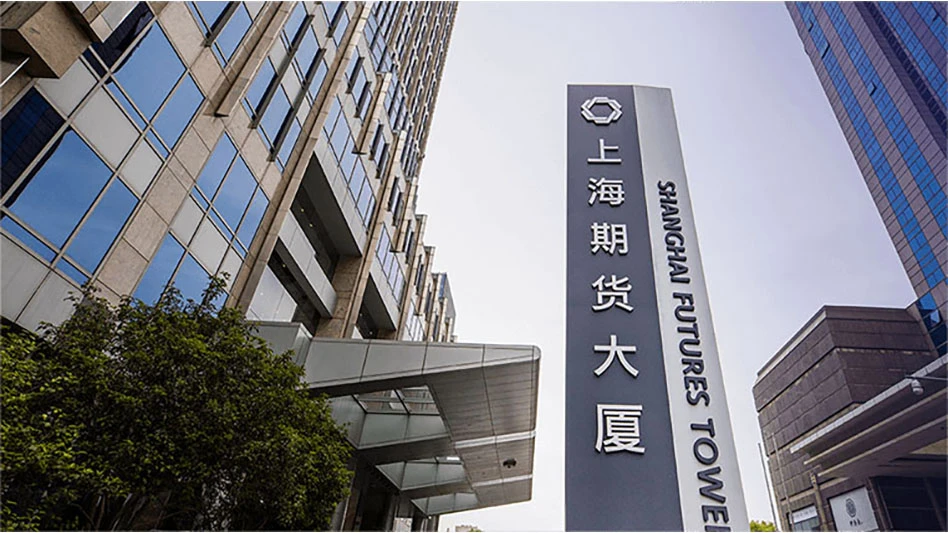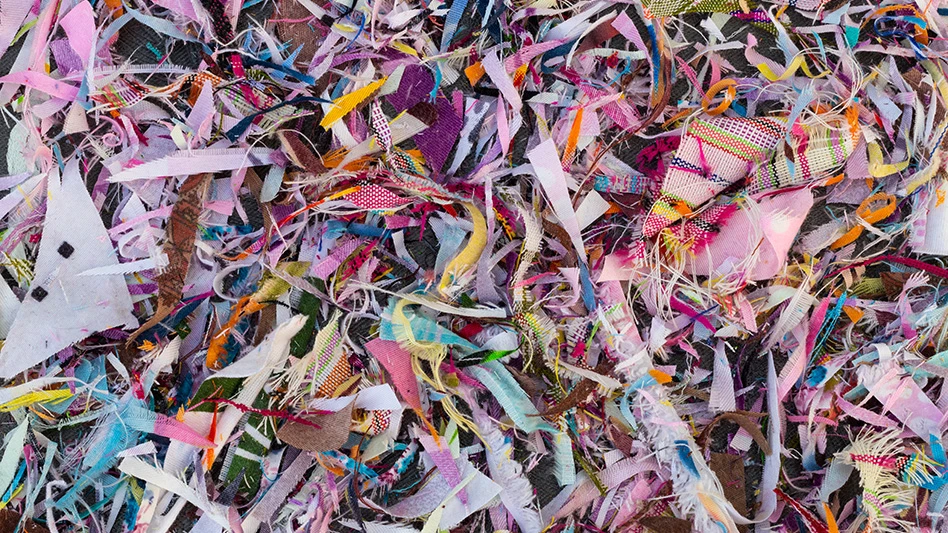
kaentian | stock.adobe.com
Paris-based Reju and London-based Circle-8 Textile Ecosystems have partnered to develop a circular textile industry in the United Kingdom.
Circle-8 will provide feedstock supply from postconsumer textiles processed through its first digitized Automated Textile Sorting and Preprocessing (ATSP) facility to Reju’s future European Regeneration Hubs. Reju will leverage the feedstock for production of its regenerated Reju Polyester, which it says has a 50 percent lower carbon footprint compared to virgin polyester.
“Working with Circle-8’s growing ecosystem and ATSP enables us to elevate the efficiency of the textile recycling process, making it easier and more precise, resulting in a premium product meeting the high Reju standard for polyester,” Reju CEO Patrik Frisk says. “As more consumers and clothing producers become aware of the importance of keeping textiles out of landfills, it is critical to have automated, streamlined processes and facilities in the places where the textile waste is.”
RELATED: Reju, Cibutex partner to establish a circular textile ecosystem
According to Reju, this partnership will help build U.K. infrastructure for materials processing and establish partnerships for a transparent and viable fiber-to-fiber ecosystem. The agreement aims to help U.K. brands and retailers transition to a circular textile industry. With Circle-8 providing presorted and preprocessed feedstock for Reju’s proprietary recycling technology, the company says this partnership ensures efficiency, accuracy and scalability for the upwards of 700,000 metric tons of nonreusable textile waste generated in the U.K. annually.
“Reju and Circle-8 share an unwavering commitment to unlocking true indefinite textile-to-textile recycling here in the U.K. and around the globe,” Circle-8 CEO and Co-founder Cyndi Rhoades says. “This partnership highlights the importance of cooperation and innovation in turning textile waste into resource. With global regulatory bodies enacting coordinated efforts addressing the issue, Reju and Circle-8 are dedicated to scalable solutions meeting regulatory demands and achieving a more sustainable future.”
Latest from Recycling Today
- Aduro selects Netherlands as site for industrial scale-up facility
- Nasco-Op declares dividend
- Cyclic Materials announces plans for South Carolina campus
- WM reports revenue, earnings growth in Q4 and full-year 2025
- Solarcycle’s Cedartown, Georgia, recycling facility opens
- Stadler equips Spanish MRF
- SSAB finishes 2025 with decreased revenue
- Vecoplan appoints CFO
